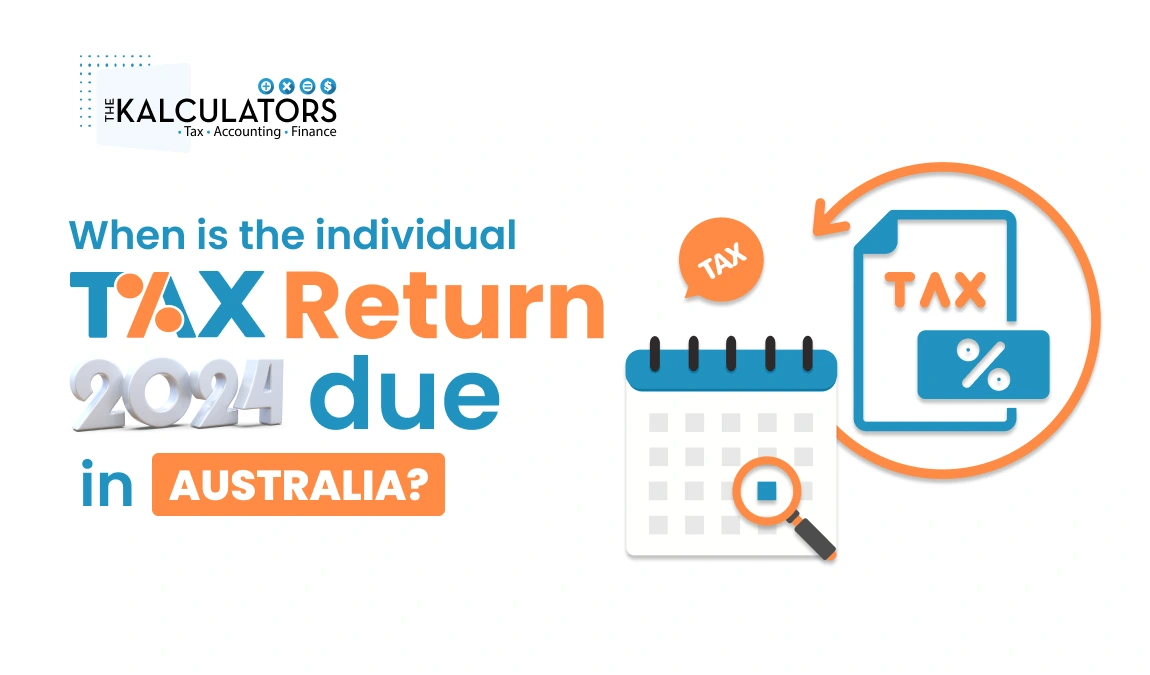Top Benefits of Using an Online Tax Return in Australia
Top Benefits of Using an Online Tax Return in Australia
Blog Article
Exploring the Advantages of Filing a Tax Return: Maximize Your Tax Reimbursement This Year
Filing an income tax return is usually perceived as a tough job, yet it plays an essential function in enhancing your financial standing. By carefully reporting revenue and leveraging available deductions and credit reports, people can use the potential for substantial tax obligation refunds. In addition, adhering to tax obligation guidelines minimizes the risk of charges. Comprehending the nuances of this procedure can expose neglected opportunities for cost savings. As we discover the numerous facets of tax obligation declaring, it comes to be noticeable that the advantages prolong beyond plain compliance-- what strategies can you embrace to assure you are not leaving money on the table?
Significance of Declaring an Income Tax Return
Filing a Tax return is a considerable duty for businesses and individuals alike, as it serves both conformity and economic management functions. Complying with tax regulations is crucial, as stopping working to file can cause substantial penalties, interest costs, and prospective legal repercussions. By sending a Tax return, people and companies show their dedication to satisfying their civic obligations and add to the performance of public solutions.
Additionally, filing an income tax return provides a possibility for taxpayers to review their financial circumstance. It permits them to track earnings, expenses, and general economic health and wellness, which can inform future budgeting and investment choices. For lots of, income tax return are a gateway to prospective refunds, as overpayment of tax obligations throughout the year can be redeemed, supplying a much-needed economic boost.
Furthermore, the tax return procedure can help with access to numerous financial services and products. Lenders often need income tax return when determining credit reliability for lendings or home loans, making it necessary for individuals and services looking for financial support. In verdict, filing a Tax return is not merely a regulative commitment; it is a substantial action in maintaining financial integrity and exposing prospective benefits.
Recognizing Tax Deductions
Tax obligation deductions are regularly ignored yet play an important role in reducing gross income and taking full advantage of possible refunds. Understanding the various sorts of tax reductions available can considerably impact your overall tax liability. Reductions can be classified right into two main types: common reductions and itemized deductions.
The criterion reduction is a set dollar amount that taxpayers can subtract from their income, varying based upon declaring status. For many individuals, specifically those without substantial itemizable expenditures, taking the basic deduction is advantageous. On the other hand, itemized deductions permit taxpayers to checklist eligible expenditures, such as home loan passion, clinical costs, and charitable contributions, potentially producing a higher reduction than the basic choice.
Acquainting yourself with these nuances can aid you purposefully prepare your finances and optimize your tax obligation return. By understanding and leveraging tax deductions efficiently, taxpayers can lower their taxed earnings and improve their overall tax obligation reimbursement.
Exploring Tax Credit Scores
Maximizing your tax obligation financial savings includes comprehending the different kinds of tax credit scores available to you. Tax obligation credit reports directly minimize your tax responsibility dollar for buck, making them extra advantageous than reductions, which only lower your taxable income.
There are 2 key groups of tax credit histories: nonrefundable and refundable. Nonrefundable debts can minimize your tax responsibility to zero yet will not cause a refund if the credit score exceeds your tax obligation owed. Refundable credits, on the other hand, can create a reimbursement also if you have no tax obligation liability, making them especially valuable for lower-income taxpayers.
Usual tax obligation credit ratings include the Earned Revenue Tax Obligation Debt (EITC), which sustains low to moderate-income functioning family members and people, and the Child Tax Obligation Debt, which offers economic relief for taxpayers with dependent children. Education-related credits, such as the American Chance Credit and the Lifetime Understanding Credit report, assistance counter the expenses of college.
Common Mistakes to Avoid
Navigating the intricacies of tax obligation returns can lead to a number of usual challenges that taxpayers need to be mindful of. One substantial blunder is falling short to report all income sources. Even percentages from side tasks or freelance job need to be included, as the internal revenue service obtains duplicates of all income statements.
Another frequent error entails overlooking reductions or credit scores for which one is qualified. Taxpayers must extensively look into possible reductions, such as for trainee loans or clinical expenses, to prevent leaving cash on the table.
In addition, inaccuracies in personal details, such as Social Safety and security numbers or filing status, can delay processing and refunds. It is essential to ascertain all details before entry to guarantee precision.
Declaring late or disregarding to file altogether can also lead to fines and missed out on opportunities for refunds. Taxpayers should understand due dates and plan appropriately.
Lastly, several people overlook to maintain detailed documents of expenditures and supporting papers. Organized documents is fundamental for corroborating claims and promoting any kind of future audits. By preventing these usual mistakes, taxpayers can enhance their filing process and boost their possible reimbursements.
Tips for Optimizing Your Reimbursement
Next, take into consideration adding to retirement accounts, such as an individual retirement account. Contributions made before the tax deadline can be deducted, possibly enhancing your refund. Additionally, if you are self-employed, make sure to account for business-related expenses that can lower your taxed income.
One more vital technique is to submit your return electronically. E-filing not only accelerates the handling time yet also reduces errors that can happen with paper submissions. Confirm that you select the appropriate declaring condition; this can greatly affect your tax obligation price and eligibility for certain credit scores.
Lastly, keep careful records throughout the recommended you read year. Organizing invoices and economic files can simplify the declaring procedure and aid you recognize prospective deductions that you might or else miss. By taking these actions, you place yourself to get the optimum reimbursement possible.
Conclusion

By methodically reporting revenue and leveraging offered reductions and credits, people can touch right into the possibility for substantial tax obligation reimbursements. For many, tax obligation returns are a portal to possible reimbursements, as overpayment of taxes throughout the year can be redeemed, offering a much-needed economic boost.
Recognizing the numerous kinds of tax deductions readily available can greatly impact your general tax obligation. Online tax return Australia. By leveraging and understanding tax deductions efficiently, taxpayers can minimize their taxable revenue and boost their overall tax obligation reimbursement

Report this page